Reconsidering E.M. Forster
Novelist E.M. Forster was a writer who might be said to have been simultaneously ahead of his time -- or at least better suited to take on certain topics like homosexuality that couldn't be treated frankly during his heyday -- and resistant to some of the modernist impulses he saw arising among authors from the generation following his own.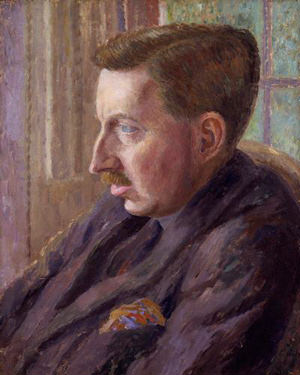
Novelist E.M. Forster was a writer who might be said to have been simultaneously ahead of his time — or at least better suited to take on certain topics like homosexuality that couldn’t be treated frankly during his heyday — and resistant to some of the modernist impulses he saw arising among authors from the generation following his own. Forster was a man of some contradictions and rough edges, as Brooke Allen, describing Frank Kermode’s book “Concerning E. M. Forster,” points out. –KA
Your support matters…The New Criterion via Arts & Letters Daily:
The one thing everyone seems to know about Forsterian values is the mantra “only connect,” but, as Kermode points out, he did not always “connect” so well himself, either in his fiction or in his life:
In general he saw the poor as different from “us,” unless they qualified as boys who might be available for sex or were Italian peasants or Indians, and he had no real understanding of them. Of course that goes also for women.
A treasured friend and mentor to many, still he had an undeniably bitchy side. Percy Lubbock, who knew him for years, taunted him: “It’s really too funny your becoming the holy man of letters. You’re really a spiteful old thing. Why haven’t people found you out, and run you down?” All too true, as a perusal of Forster’s biography and correspondence bears out. Yet the impression he and his work left behind, the “message” if you will, is overwhelmingly one of love, of tolerance, of connection.
Independent journalism is under threat and overshadowed by heavily funded mainstream media.
You can help level the playing field. Become a member.
Your tax-deductible contribution keeps us digging beneath the headlines to give you thought-provoking, investigative reporting and analysis that unearths what's really happening- without compromise.
Give today to support our courageous, independent journalists.
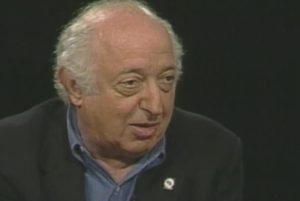
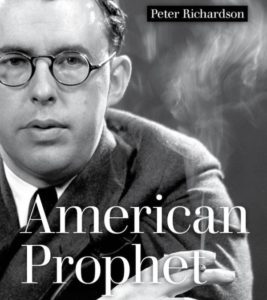
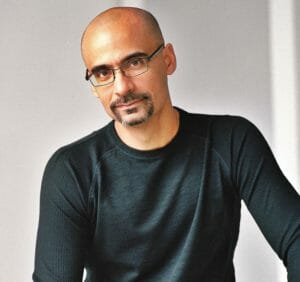
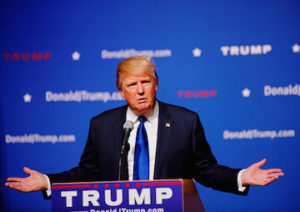
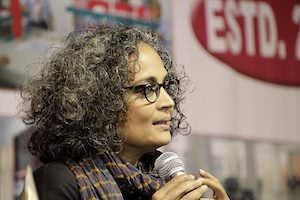
You need to be a supporter to comment.
There are currently no responses to this article.
Be the first to respond.